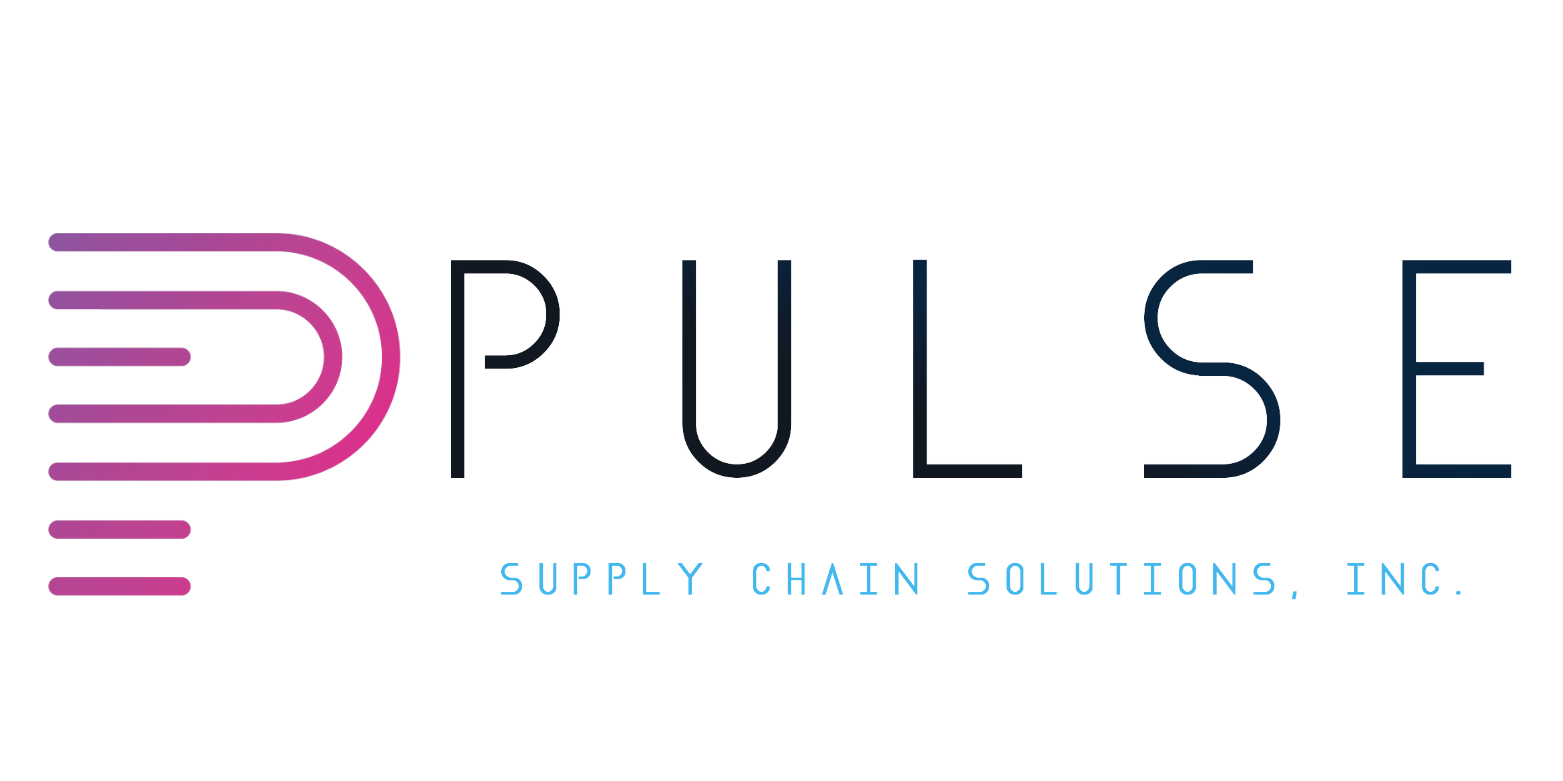 In today’s rapidly evolving business landscape, the disposal of assets holds significant economic repercussions. Neglecting proper asset disposal processes can lead to various challenges, including financial losses, data breaches, environmental harm, and damage to brand reputation. According to a recent report by the International Data Corporation (IDC), organizations that do not prioritize proper disposal of IT assets could incur costs over $2.1 million per data breach incident. Moreover, inefficient asset disposal practices contribute to the mounting issue of electronic waste (e-waste), with approximately 53.6 million metric tons generated globally in 2019 alone, as reported by the Global E-waste Statistics Partnership.
In today’s rapidly evolving business landscape, the disposal of assets holds significant economic repercussions. Neglecting proper asset disposal processes can lead to various challenges, including financial losses, data breaches, environmental harm, and damage to brand reputation. According to a recent report by the International Data Corporation (IDC), organizations that do not prioritize proper disposal of IT assets could incur costs over $2.1 million per data breach incident. Moreover, inefficient asset disposal practices contribute to the mounting issue of electronic waste (e-waste), with approximately 53.6 million metric tons generated globally in 2019 alone, as reported by the Global E-waste Statistics Partnership.
The economic impact of not recovering any value from disposed assets is significant for companies of all sizes. For small and medium-sized enterprises (SMEs), the inability to recoup investment from retired assets can significantly strain financial resources. According to a study by Deloitte, SMEs often lack the dedicated resources and expertise to implement robust asset disposal processes, leaving them vulnerable to increased costs and potential liabilities associated with improper disposal. Conversely, larger corporations face similar risks on a larger scale, with the potential for multimillion-dollar losses due to data breaches, regulatory fines, and reputational damage stemming from inadequate asset disposition practices, according to recent reports from the IDC.
By failing to recover value from disposed assets, companies not only incur direct financial losses but also miss out on opportunities for revenue generation and cost savings. Recoverable value from retired assets, such as resale, refurbishment, or recycling, can contribute to the organization’s bottom line and offset future procurement costs. Furthermore, implementing sustainable asset disposition practices not only mitigates financial risks but also aligns with stakeholder expectations for responsible environmental stewardship and corporate citizenship.
In conclusion, the economic impact of neglecting asset disposal processes extends far beyond immediate financial losses, affecting companies of all sizes across various industries. Embracing robust reverse logistics and recycling strategies is essential for mitigating risks, maximizing returns on investments, and fostering sustainable growth in today’s competitive business landscape.
In today’s rapidly evolving business landscape, the disposal of assets holds significant economic repercussions. Neglecting proper asset disposal processes can lead to various challenges, including financial losses, data breaches, environmental harm, and damage to brand reputation. According to a recent report by the International Data Corporation (IDC), organizations that do not prioritize proper disposal of IT assets could incur costs over $2.1 million per data breach incident. Moreover, inefficient asset disposal practices contribute to the mounting issue of electronic waste (e-waste), with approximately 53.6 million metric tons generated globally in 2019 alone, as reported by the Global E-waste Statistics Partnership.

The economic impact of not recovering any value from disposed assets is significant for companies of all sizes. For small and medium-sized enterprises (SMEs), the inability to recoup investment from retired assets can significantly strain financial resources. According to a study by Deloitte, SMEs often lack the dedicated resources and expertise to implement robust asset disposal processes, leaving them vulnerable to increased costs and potential liabilities associated with improper disposal. Conversely, larger corporations face similar risks on a larger scale, with the potential for multimillion-dollar losses due to data breaches, regulatory fines, and reputational damage stemming from inadequate asset disposition practices, according to recent reports from the IDC.
By failing to recover value from disposed assets, companies not only incur direct financial losses but also miss out on opportunities for revenue generation and cost savings. Recoverable value from retired assets, such as resale, refurbishment, or recycling, can contribute to the organization’s bottom line and offset future procurement costs. Furthermore, implementing sustainable asset disposition practices not only mitigates financial risks but also aligns with stakeholder expectations for responsible environmental stewardship and corporate citizenship.
In conclusion, the economic impact of neglecting asset disposal processes extends far beyond immediate financial losses, affecting companies of all sizes across various industries. Embracing robust reverse logistics and recycling strategies is essential for mitigating risks, maximizing returns on investments, and fostering sustainable growth in today’s competitive business landscape.


